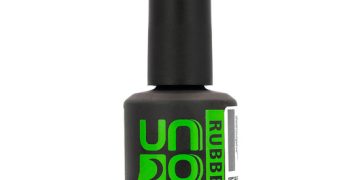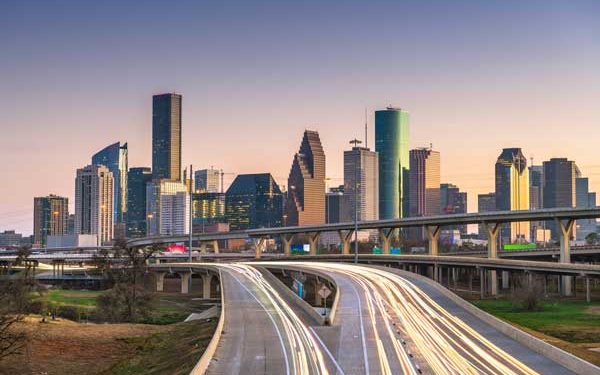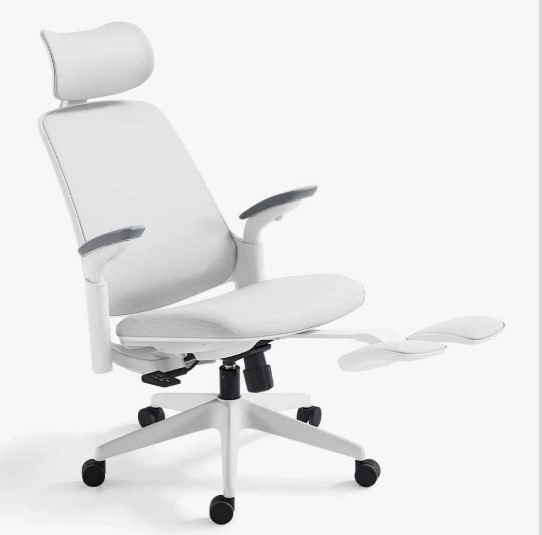Houston is known for its hot and humid climate, which can have a significant impact on the condition of your vehicle. Not only can weather conditions affect the performance and appearance of your car, but they can also increase the likelihood of a collision. This is especially true during severe weather events such as hurricanes, floods, and hailstorms, which are all too common in Houston. In this article, we will explore the impact of weather on collision repair in Houston and provide some tips on how to keep your vehicle safe during inclement weather. Whether you are a Houston resident or just passing through, understanding the weather-related risks to your car can help you avoid costly repair at collision repair center.
The Impact of Weather on Collision Repair in Houston
Houston is a city with a diverse and rapidly changing climate that can have a significant impact on the condition of your vehicle. While Houston is known for its hot and humid summers, it also experiences frequent thunderstorms, flash floods, and even hurricanes. These weather events can take a toll on your car and increase the likelihood of collisions on the road.
Extreme heat and humidity can cause damage to your car’s exterior, particularly the paint job. The intense UV rays from the sun can fade and crack the paint over time, making it more susceptible to rust and corrosion. Additionally, the high humidity levels in Houston can cause moisture buildup in your car’s engine, which can lead to mechanical problems and reduced performance.
Houston’s wet climate also poses a risk to drivers on the road. Flash floods and heavy rain can create slick and hazardous road conditions, increasing the likelihood of accidents and collisions. Hailstorms are another common occurrence in Houston, which can cause significant damage to vehicles, particularly to the exterior. The hailstones can leave dents, scratches, and even shatter windows, which can be expensive to repair.
Furthermore, Houston is prone to hurricanes, which can cause severe damage to vehicles and lead to extensive collision repairs. Strong winds and heavy rain can cause trees and debris to fall onto cars, causing significant damage to the exterior and even the mechanical components of the vehicle.
In this article, we will explore the impact of weather on collision repair in Houston, providing drivers with valuable information on how to keep their cars safe during inclement weather. We will discuss the most common weather-related risks to vehicles in Houston, including the effects of heat, humidity, rain, hail, and hurricanes, and provide tips on how to minimize the risk of collisions and damage to your car. Understanding the weather-related risks to your vehicle can help you avoid costly collision repairs and stay safe on the road in Houston’s diverse climate.
Protect my car from collisions during bad weather in Houston.
Houston is known for its unpredictable and often severe weather, including hurricanes, heavy rain, hailstorms, and floods. These weather events can pose a significant threat to drivers and their vehicles, as slick roads and poor visibility increase the likelihood of collisions.
If you want to protect your car from collisions during bad weather in Houston, there are several steps you can take to reduce the risk of accidents and minimize damage. Here are some tips to keep your car safe during inclement weather:
- Stay up-to-date with weather alerts and warnings. Check local news and weather websites to stay informed about upcoming storms or severe weather events that may impact your area. Plan your route accordingly and avoid driving in areas that are at high risk of flooding or other weather-related hazards.
- Slow down and drive defensively. During bad weather, it’s essential to adjust your driving style and be more cautious on the road. Reduce your speed and leave plenty of space between you and other vehicles to allow for sudden stops or turns.
- Maintain your car’s tires, brakes, and windshield wipers. These components are critical for safe driving in any weather, but they become even more important during bad weather. Make sure your tires have sufficient tread and are properly inflated, your brakes are working correctly, and your windshield wipers are in good condition.
- Park your car in a safe location. If possible, avoid parking your car under trees or in areas that are prone to flooding or storm damage. Look for covered parking garages or other safe locations to keep your car protected during bad weather.
- Consider investing in collision avoidance technology. Some cars come equipped with features like automatic emergency braking, lane departure warnings, and blind-spot monitoring, which can help you avoid collisions and stay safe on the road.
By following these tips, you can protect your car from collisions during bad weather in Houston and reduce the risk of accidents and damage. Remember, safety should always be your top priority when driving in challenging weather conditions.














